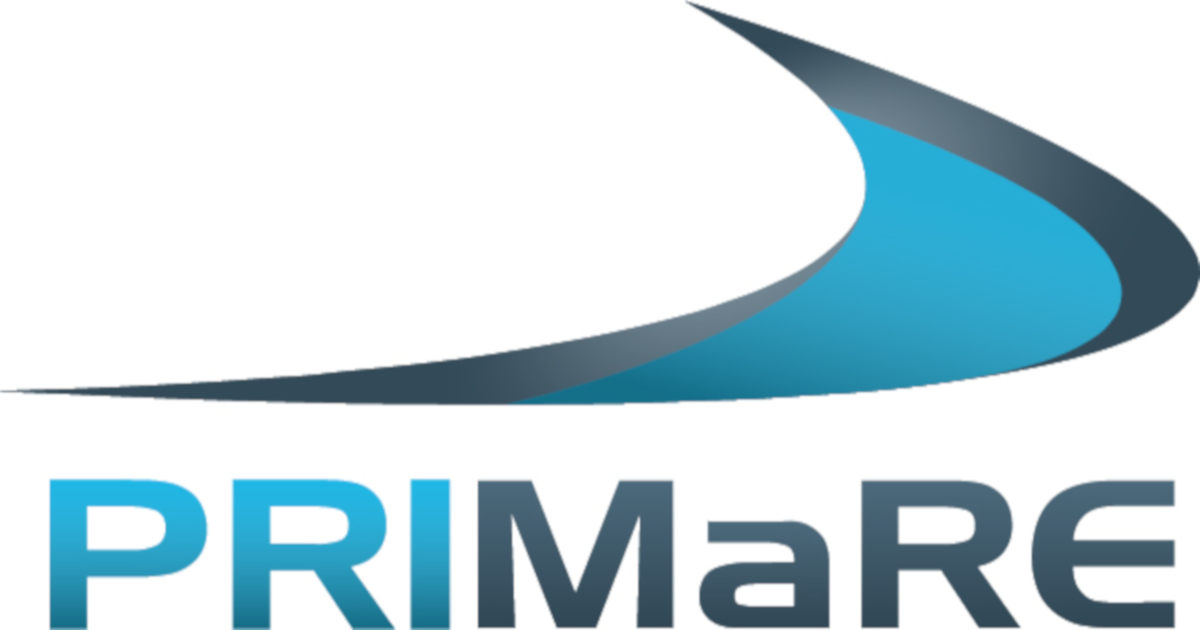Selected Papers from the 8th PRIMaRE Conference 2021
A special issue of Journal of Marine Science and Engineering (ISSN 2077-1312). This special issue belongs to the section "Marine Environmental Science".
Deadline for manuscript submissions: closed (30 November 2021) | Viewed by 6198

Special Issue Editors
Interests: physical oceanography; coastal hydrodynamics; numerical modelling; tides and storm surges; coastal flood risk; climate change; marine renewable energy; inundation modelling; earth-system processes
Special Issues, Collections and Topics in MDPI journals
Interests: offshore renewable energy systems; tidal stream turbines; turbulence modelling; wave modelling; condition monitoring; SCADA data analysis and ORE device control
Special Issues, Collections and Topics in MDPI journals
Interests: computational fluid dynamics; coastal processes; renewable energy; numerical model development (OpenFOAM)
Special Issues, Collections and Topics in MDPI journals
Special Issue Information
Dear Colleagues,
For the marine renewable energy sector to achieve its commercialization targets and become successful in its development, enhanced collaboration between members of the sector is required, particularly between research institutions. This provides the motivation for the Partnership for Research in Marine Renewable Energy (PRIMaRE): a consortium of marine renewable energy experts across higher education, research, and industry who have joined together to establish a ‘network of excellence’ centered in the southwest of the UK. As part of their strategy, PRIMaRE holds an annual conference series that provides a forum for presenting and discussing the latest research and development in all areas relating to marine renewable energy to a diverse community including industrial developers, university researchers, marine environmentalists, and policymakers. This Special Issue will publish the most exciting research from the 8th PRIMaRE conference, to provide a rapid turn-around time regarding reviewing and publishing, and disseminate the articles freely for research, teaching, and reference purposes.
High-quality and novel papers directly related to various aspects of marine renewable energy are encouraged, including the following:
- Technology
- Policy
- Environment
- Hydrodynamics
- Resource characterization
- Materials
- Operation and management
Dr. Matthew Lewis
Dr. Matthew Allmark
Dr. Scott Brown
Guest Editors
Manuscript Submission Information
Manuscripts should be submitted online at www.mdpi.com by registering and logging in to this website. Once you are registered, click here to go to the submission form. Manuscripts can be submitted until the deadline. All submissions that pass pre-check are peer-reviewed. Accepted papers will be published continuously in the journal (as soon as accepted) and will be listed together on the special issue website. Research articles, review articles as well as short communications are invited. For planned papers, a title and short abstract (about 250 words) can be sent to the Editorial Office for assessment.
Submitted manuscripts should not have been published previously, nor be under consideration for publication elsewhere (except conference proceedings papers). All manuscripts are thoroughly refereed through a single-blind peer-review process. A guide for authors and other relevant information for submission of manuscripts is available on the Instructions for Authors page. Journal of Marine Science and Engineering is an international peer-reviewed open access semimonthly journal published by MDPI.
Please visit the Instructions for Authors page before submitting a manuscript. The Article Processing Charge (APC) for publication in this open access journal is 2600 CHF (Swiss Francs). Submitted papers should be well formatted and use good English. Authors may use MDPI's English editing service prior to publication or during author revisions.
Keywords
- Wave energy
- Tidal energy
- Floating offshore wind
- Technology
- Policy
- Environment
- Hydrodynamics
- Resource characterization
- Materials
- Operation and management
Benefits of Publishing in a Special Issue
- Ease of navigation: Grouping papers by topic helps scholars navigate broad scope journals more efficiently.
- Greater discoverability: Special Issues support the reach and impact of scientific research. Articles in Special Issues are more discoverable and cited more frequently.
- Expansion of research network: Special Issues facilitate connections among authors, fostering scientific collaborations.
- External promotion: Articles in Special Issues are often promoted through the journal's social media, increasing their visibility.
- Reprint: MDPI Books provides the opportunity to republish successful Special Issues in book format, both online and in print.
Further information on MDPI's Special Issue policies can be found here.







